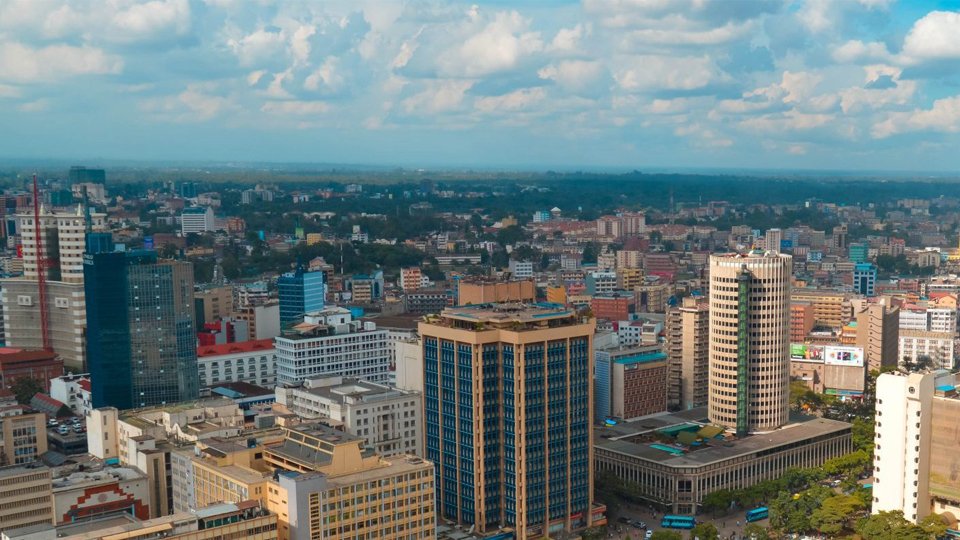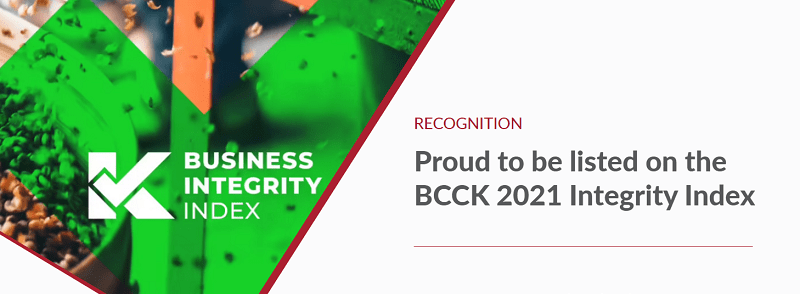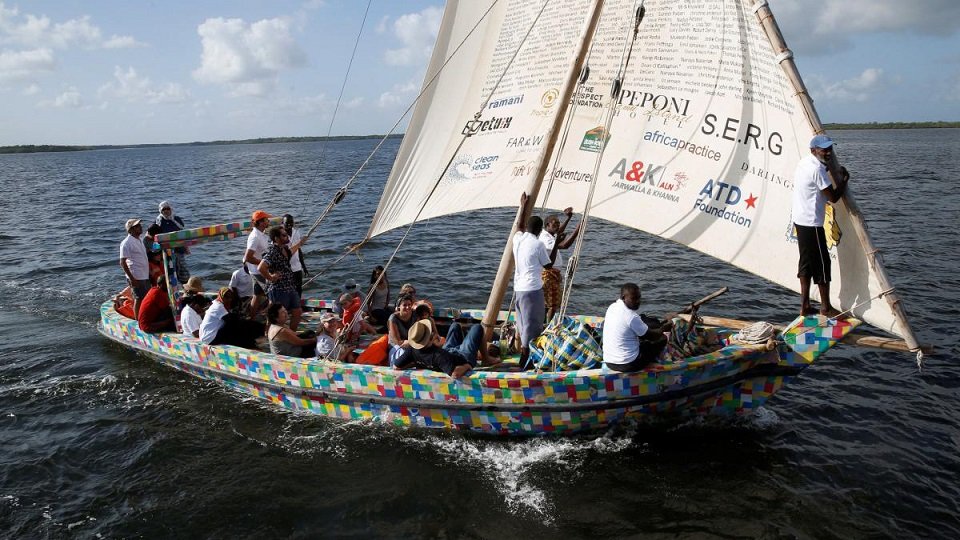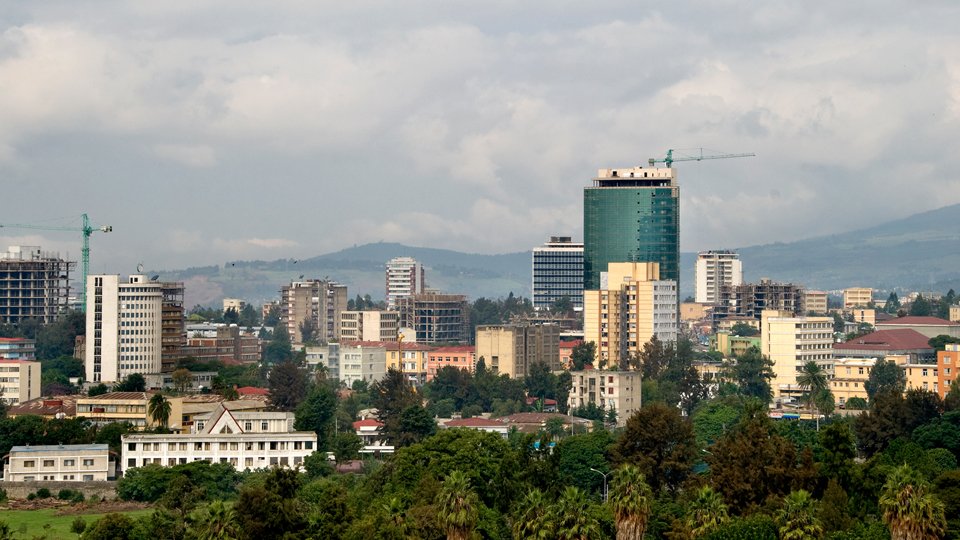Arguably the biggest case applying Competition Law in Africa’s recent years is that of French retailer Carrefour and Kenyan yoghurt manufacturer Orchards Limited.
Over the past two years, Orchards Limited has challenged Carrefour to revise the requirement of a 10% rebate on supplies to the supermarket chain, in addition to a 1.25% discount on annual sales.
Orchards reported the retailer to the Competition Authority of Kenya (CAK) before the case was escalated to the Competition Tribunal (CT). The latter ruled in favor of Orchards, asking the retailer to cancel the 11.25% total annual discount asked of the supplier.
The CT’s ruling had far-reaching implications, as it also demanded that the retailer revise more than 700 supplier agreements within 30 days, for the removal of rebates similar to those applied to Orchards Limited products.
Regular Compliance Checks a Must for African Businesses
The prominence of this case serves as a reminder for businesses across Africa to conduct regular assessments of their trade practices in order to ensure compliance with Competition Law.
This is in a bid to avoid the undesirable consequences attached to non-compliance, including fines and penalties as well as damage to brand reputation. Indeed, in most African countries, businesses charged with abuse of power face a fine of up to 10% of the preceding year’s turnover, a significant percentage depending on their size. Affected businesses are also likely to be subjected to negative publicity for not previously having complied with the antitrust laws.
Self-instituted reviews of business conduct thus become important – especially with authorities like the CAK creating whistleblowing schemes that give informants a financial incentive in exchange for relevant and actionable information. These and other measures make running a business without a full evaluation of compliance extremely risky.
Cost, Compliance and Cooperation
The COMESA Competition Commission (CCC) in September 2021 issued its first fine for failure to notify a transaction to the CCC within the prescribed time under Article 24 (1) of the COMESA Competition Regulations of 2004 (Regulations). This was in relation to the proposed acquisition by Helios Towers of the shares of Madagascar Towers SA and Malawi Towers which amounted to 0.05% of the parties’ combined turnover in the common market in the 2020 financial year. This was a decision geared at ensuring other parties would uphold competition regulations in the future.
Similarly, two of Zambia’s leading cement companies – Mpande and Lafarge – were fined 10% of their annual turnover for price-fixing violations in 2019-2020 related to a rise in cement prices for products by the companies.
A third cement maker, Dangote, also among the accused, was granted leniency by Zambia’s Competition and Consumer Protection Commission (CCPC). The leniency programme run by the CCPC, offers enterprises involved in anti-competitive conduct total or partial immunity from prosecution and/or financial penalties as a reward for cooperation. Similar provisions exist in Kenya and Tanzania, but they may not save affected companies from inevitable reputation damage.In Tanzania, the Fair Competition Commission (FCC) is working closely with other regulators to ensure the effective enforcement of competition laws. This includes the issuance of guidelines on consumer protection, which require businesses in Tanzania to ensure their online platform comply with the provisions of the law.
Across the border, in Kenya, the Central Bank was recently given the nod by a parliamentary committee to regulate the digital lending industry. Until then, the sector was operating in a laissez-faire manner – without regulation by any agency or laws.
Looking Ahead
Moving into 2022, it is expected that competition law will come into full effect for the digital services industry, as the world quickly advances into online spaces. Three of ALN’s partners have shared their thoughts on Africa’s evolving competition regimes for a digital world; the consensus being that whilst change is inevitable, there are in fact no major reforms or new regulation of online services on the immediate horizon.
Geoffrey Dimoso of ALN Tanzania said the FCC had issued guidelines on consumer protection, which also applied to digital services which “require businesses in Tanzania to ensure their online platform complies with the provisions of the law,” but aside from that, “there are no proposals or reforms aiming to regulate the digital market more”.
From ALN Zambia, Chanda Musonda Chiluba commented that for now, “the CCPC is participating in international discussions on digital services and products vis-à-vis consumer welfare in this space”.
Anne Kiunuhe provides a Kenyan perspective, confirming that the Competition Authority had seen a rise in complaints linked with digital services throughout 2020-21, but that she was not aware of any proposed law reforms in this field.
In addition to digital evolution, the clear need for protection strategies during the COVID pandemic has served to encourage the rapid growth of competition law across the continent. Balancing market participation and opportunity with the protection of Africa’s most vulnerable economic sectors has been paramount, with countries such as Kenya, Malawi, Mauritius, Namibia, Nigeria and South Africa rapidly implementing new guidelines and regulations in order to manage the impact of the pandemic. We can expect, as the economic consequences of COVID 19 continue to be felt well into the new year, that the will to enforce competition and antitrust regimes shall remain stronger than ever.








